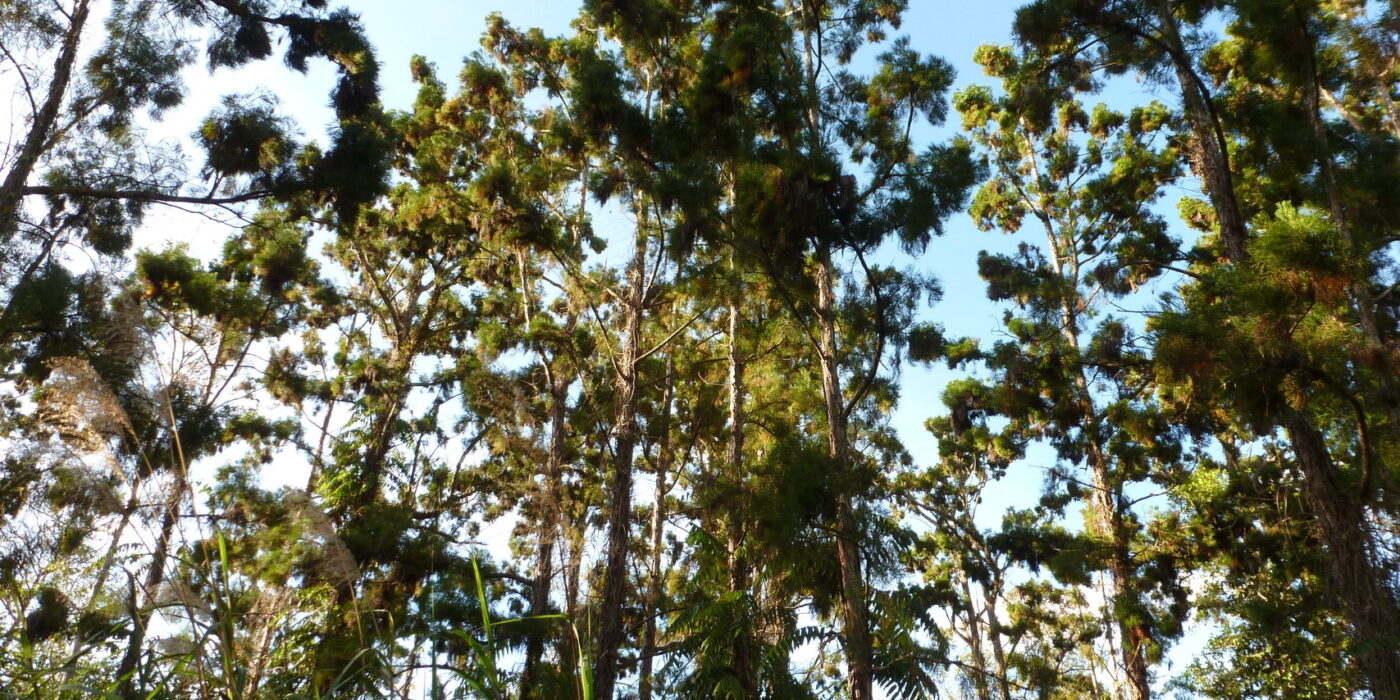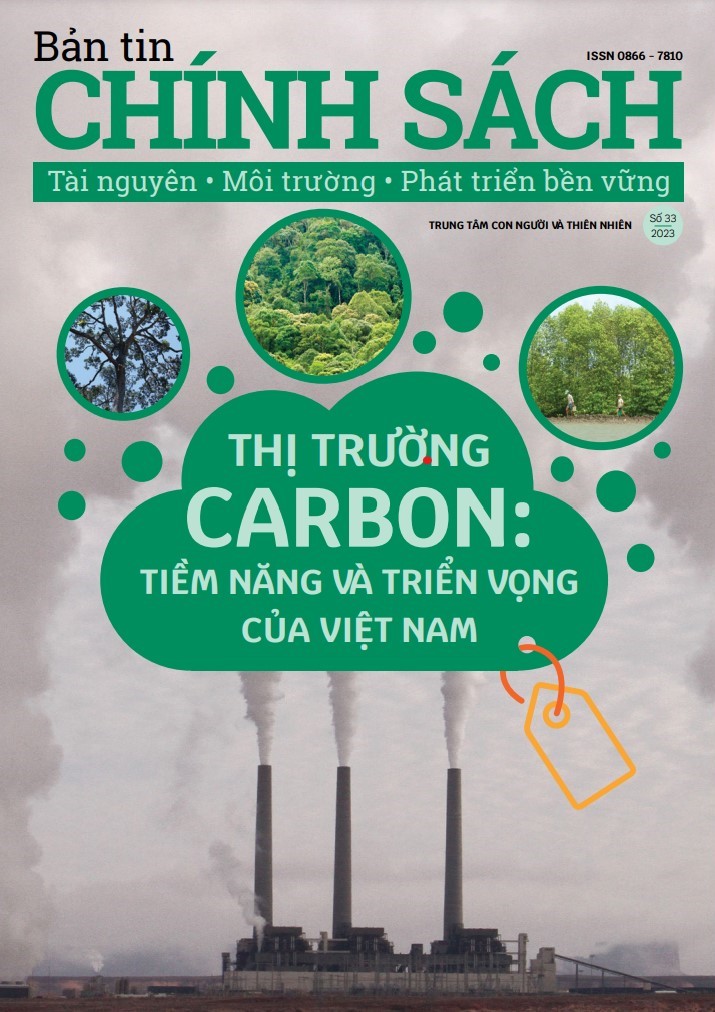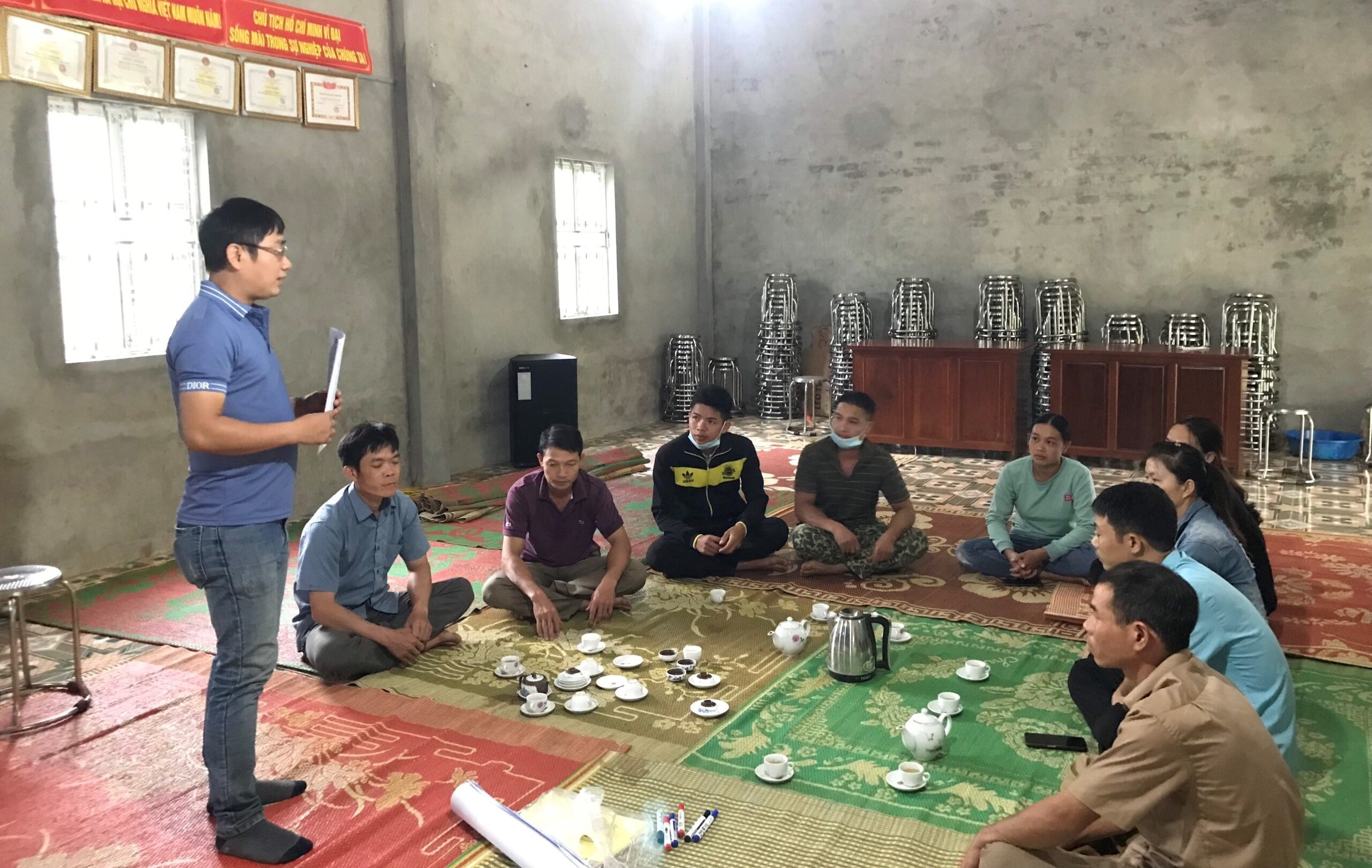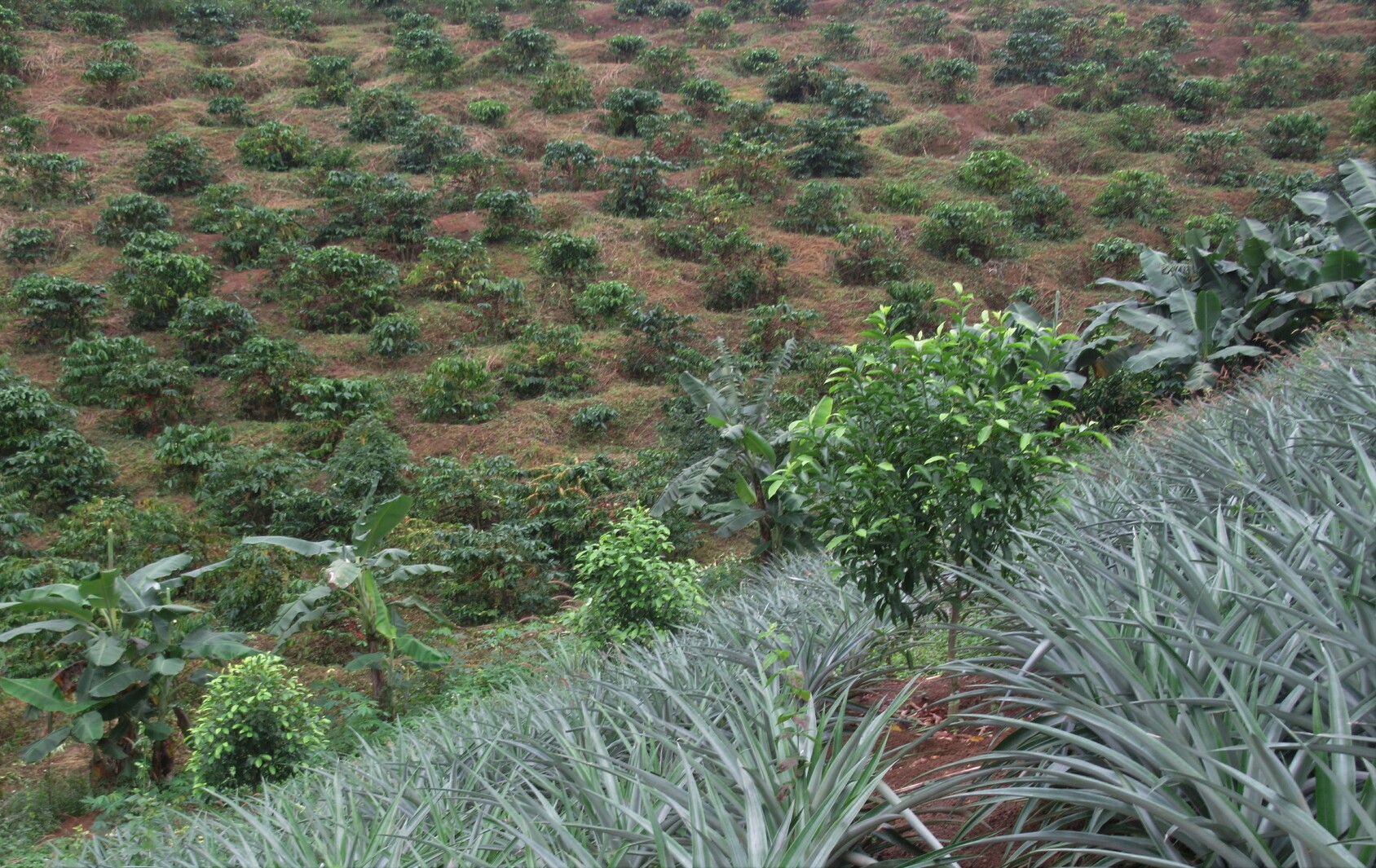People and Nature Reconciliation (PanNature) is proud to announce the…

Policy Review 33: Carbon Market – Vietnam’s Potentials and Prospects
Vietnam has actively prepared for the formation and development of the domestic carbon market, aiming to integrate with the region and the world market.
On January 7, 2022, the Government issued Decree 06/2022/ND-CP regulating the mitigation of GHG emissions and the protection of the ozone layer. Accordingly, by the end of 2027, Vietnam will build regulatory systems and policies to create and pilot a carbon credit market. Vietnam aims to operate a carbon credit exchange in 2028 officially.
Vietnam’s forest carbon market has the potential to bring significant benefits, not only for the goal of reducing emissions but also contributing to socio-economic development for more than 25 million people whose livelihoods are dependent on forests. With a total forest area of about 14.7 million hectares and forest coverage of 42%, it is estimated that Vietnam’s forests absorb an average of 69.8 million tons of carbon (CO2) each year. Through the carbon market, forests can provide a significant source of revenue for management, protection, and income enhancement for forest-dependent communities.

PanNature’s Policy Review 33 discusses various aspects of developing a carbon market in Vietnam, including a forest carbon market. The policy discussions and recommendations are expected to contribute meaningfully to the process of building a carbon market in Vietnam, opening up new financial resources for emission reduction GHG and contributing to mitigating the impacts of climate change.
Asian Network for Sustainable Agriculture and Bio-Resources (#ANSAB) and the Forest Carbon Partnership Fund (#FCPF) supported PanNature in this publication.



